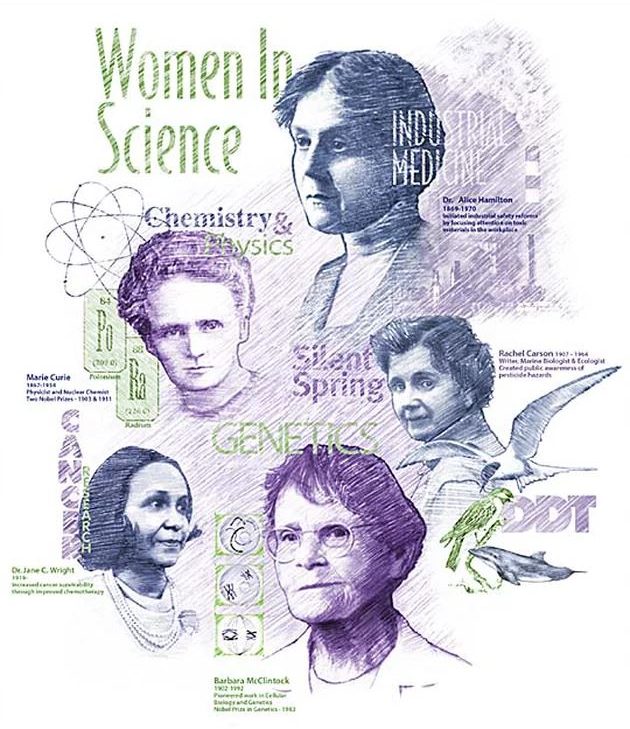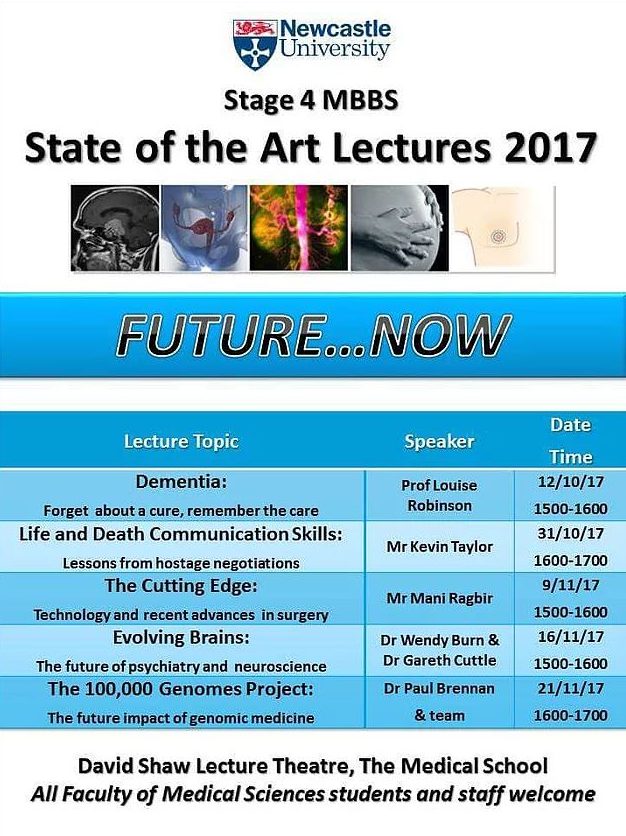By Leonie Schittenhelm

One of the many joys of being a PhD student? Data analysis. Endless hours of data analysis. During the last year of my PhD I have progressively become quicker and also slowly coaxed my computer to do more and more of the really boring stuff, such as ordering things and applying the same analysis over and over, for me. But still, I spend about 1-2 days of my week coping with the data my experiments generate. And with that I’m not even at the top end of what a lot of my PhD pals have to deal with on a weekly and monthly basis. So what to do when a hard drive full of data, a noisy office and the knowledge that you will have to sit at it until you’re finished because you want to have something to show to your supervisor the next day await you? Easy: Podcasts, especially of the scientific variety.
Okay, bear with me on this one. ‘I can’t concentrate when I’m listening to people talk on the desk behind me, why should it be different when I’m listening to people in my headphones?’ I hear you say. And – while I do get your point, office gossip is the best and worst at the same time – to that I have just one answer: Science proves me right. Before I explain that a bit further we have to go back to roughly last year, when I hadn’t quite figured out yet how to make my computer do the really boring stuff for me yet. And by really boring I mean resizing tiny pictures of my data so they tidily fit into a grid and in line with a lot of other tiny pictures of my data. What I didn’t get was that even though I was staring for so long at this data, I still made a lot of silly mistakes that would usually occur to me only when presenting my data to others. And even worse, everything took me hours upon unenjoyable hours. All of this because I kept getting distracted from the task at hand: analysing my data quickly and accurately, formatting it in a logical way.
In comes perceptual load theory, a term coined by the psychologist Nili Lavie in the mid-nineties. The basic gist of perceptual load theory is that you have a certain amount of attention to give at any one moment. If you perform tasks that are termed ‘High load’, such as giving a presentation or doing a really difficult reagent calculation in your head, all of your attention is taken up by this one task, meaning there is little to none that can take your attention from this task. One of the most famous experiments on this involved a person in a gorilla costume and countless test subjects who, when tasked with a high-load visual task, could simply not remember even seeing the brown fluffy individual walking right through their field of vision. On the other hand, if the main task at hand is low-load, for example me when formatting my data so it fit a grid, your mind diverts the rest of the available attention to other less important things. This not only makes you less competent at the task at hand, it also means it takes you longer to complete because you become constantly distracted.
And why podcasts, you may ask? Okay, here this becomes less science and more personal preference. I did find that listening to people talk, often even learning something new in the process, provided exactly the right mix of attention to data versus attention to listening to keep my focus and enjoy myself in the process. And with so many science-themed podcasts to choose from, you’re really spoiled for choice. Here a short list of my absolute favourites:
-
Babes of Science – Ever wanted to know more about all the kick-ass female scientists your science book forgot to mention? This podcast by Poncie Rutsch is your fix – the only criticism I have is that the episodes are much too short because I enjoy them so much, but if you start now you will have a rich library of episodes to go back to and explore.
Listen to under http://babesofscience.com/, on iTunes or anywhere else you find your podcasts. -
The Story Collider – A colourful mix of science-storytelling. While not all people will be from your field, it is great to hear stories about life in science and how not getting results is hard for everyone. It is also a great learning utensil for preparing talks – as all science stories are recorded in front of a life audience, you can get a really good feel for what types of jokes work with audiences. And even better, it makes you think about your own science-story and how you would tell it to other people
Listen under https://www.storycollider.org/, on iTunes or anywhere else you find your podcasts. -
No such thing as a fish – while not strictly about just science, this podcast by the QI elves talks about a different surprising fact each week. And while learning some new things I definitely always have to stifle a laugh to not alert my desk neighbours as to why my data is being so hilarious.
Listen under http://qi.com/podcast, on iTunes or anywhere else you find your podcasts.





